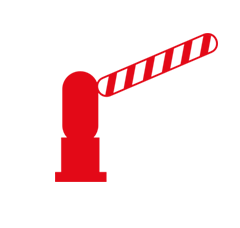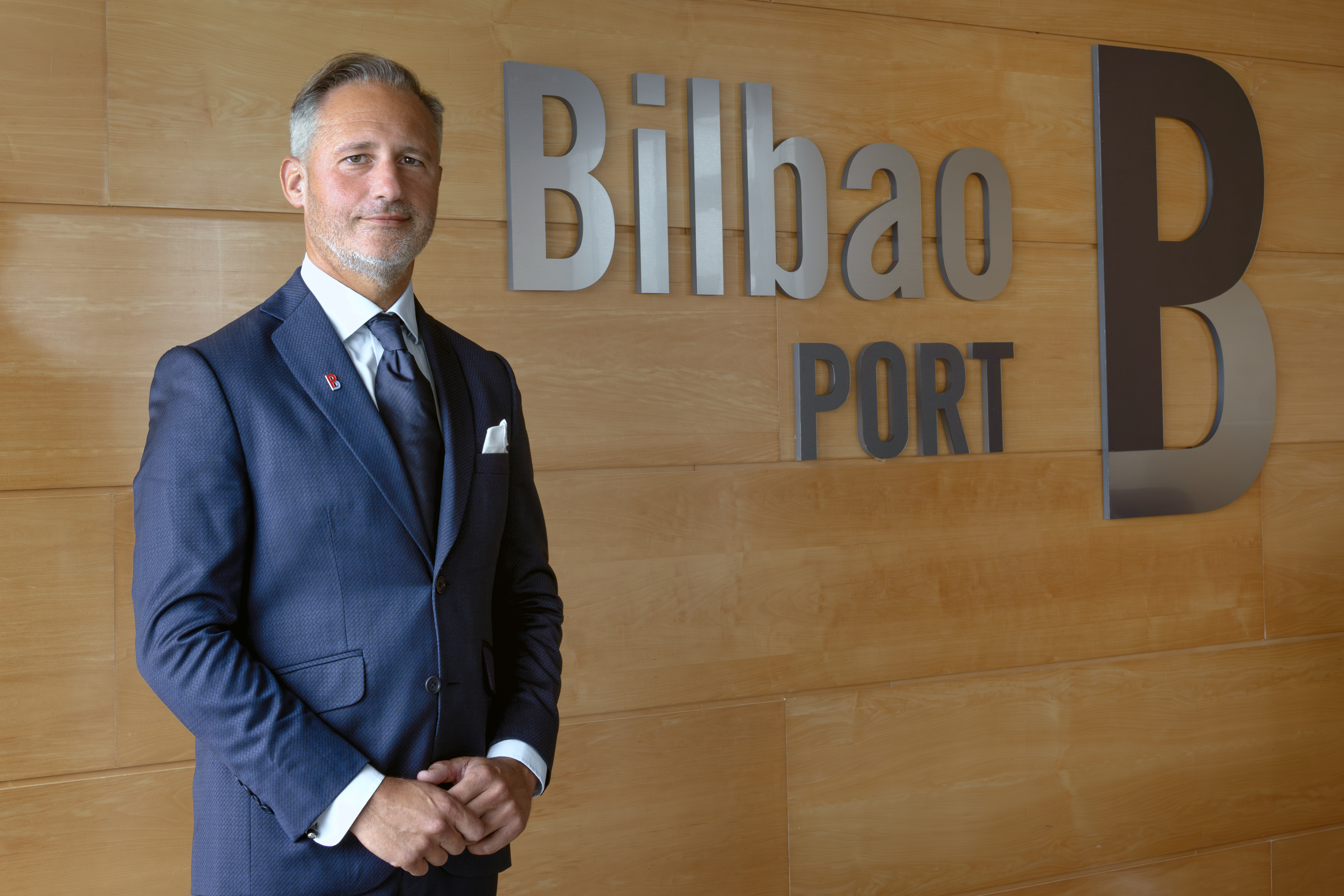In an interview with BBC Business Today on the occasion of COP30 in Brazil, Ivan Jimenez, president of the Bilbao Port Authority, has advocated moving towards energy self-sufficiency for ports. The most widely watched economic programme on BBC World News, the leading international broadcaster for independent, quality news, BBC Business Today interviewed Mr Jimenez on his opinions on sustainable shipping and to learn about the initiatives being taken by the Port of Bilbao as a key player in the European Atlantic axis and a benchmark in sustainability, decarbonisation, digitalisation and international relations.
In the interview, Mr Jimenez defended the need for “ports to remain competitive while complying with the climate targets set by Europe”. It should be remembered that the European maritime emissions trading system will come into force in 2026, at which point vessels will have to pay for 100% of their emissions. He also pointed out that “the United Kingdom, the main market for the Port of Bilbao, will also include maritime transport in its own emissions trading system that same year, putting an end to route diversions to avoid carbon costs”.
In this context, Bilbao is taking “important steps to close the carbon gap” and “to electrify itself so as not to be left behind”. Its container, ro-ro traffic, ferries and cruise ship docks will all be electrified by 2027, three years ahead of EU requirements. Through the BilbOPS project, “the Port of Bilbao will reduce its emissions by 40%, doubling its power capacity and setting up 11 onshore power supply points”.
For the president of the Port Authority, “the main challenge across Europe is not technology, but ensuring investment and the supply of renewable energy”. To this end, the Port of Bilbao has invested 74.9 million euros in the BilbOPS project to become the first Ready-for-AFIR port in the Atlantic. The BilbOPS initiative is partially financed by the Recovery and Resilience Facility and the Connecting Europe Facility (CEF Funds), with the remainder funded by the Bilbao Port Authority itself. An 80 million euro loan has been secured from the European Investment Bank (EIB), part of which will also be used to finance the project.
Energy self-sufficiency is another aspect that Mr Jimenez highlighted in the interview. “Connecting ships to the power grid only eliminates emissions if the electricity is renewable,” he explained, “which is why we are working to make Bilbao completely energy self-sufficient through solar and wind projects that will generate 50 megawatts by 2030”. “In this way,” he emphasised, “producing our own green electricity will reduce both emissions and operating costs”.
Mr Jimenez also highlighted the role played by public-private partnerships as a key factor in enabling “ports to lead the shift towards cleaner maritime transport, while supporting local industry”. As part of this process, the Port of Bilbao is transitioning from a traditional oil and gas port to a renewable energy hub, with the help of public-private funding. “We have an LNG facility, Europe’s first bio-LNG pilot project will be launched in 2025, and green hydrogen and e-fuels production is being developed. All this with the aim of becoming a competitive and sustainable port at the service of our customers”, he said.
About BBC World News and BBC Business Today
Broadcasting to over 450 million households in more than 200 countries, BBC World is currently the world’s most influential audiovisual news platform, particularly for the business community, international investors, public policy makers and decision-makers in the logistics and maritime sectors.
BBC Business Today stands out for its rigorous analysis of global trends, its focus on energy transition, international trade and logistics chains, and for interviewing key players in the global economic arena.
Link to the video: https://labur.eus/eyguwza5

 Port access
Port access